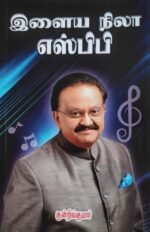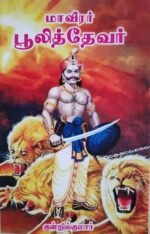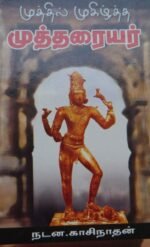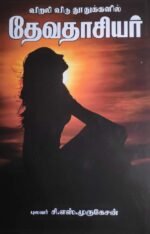Burrow and Emeneau published A Dravidian Etymological Dictionary (2nd edition; abbreviated DEDR) in 1984 (the first edition of it appeared in 1961 and in between two supplements were issued in 1968 and 1972). From the time of the publication of the first edition, it has been serving as an indispensable reference work for Dravidianists as well as for other scholars interested in Indian linguistics. It contains 5569 groups of words of Dravidian origin and an Appendix of 61 groups consisting of items of Indo-Aryan or other non-Dravidian origins. The present volume is designed as a supplement to that work. The main features of it are outlined in the following paragraphs.
While the original work (pp. xii-xiii) contains a very sketchy table of phonetic correspondences for Proto-Dravidian sounds the present volume includes in it elaborate rules for the development of each proto sound in the daughter languages based on the present state of our knowledge (taken from Subrahmanyam 2008).
This volume contains additions to the material in DEDR vocabulary items chiefly from the following five non-literary languages the sources for most of which appeared after 1984: Irula (taken from Zvelebil 1973, 1979 and Perialwar 1978a), Kurumba (taken from Kapp’s works), Badaga (taken from Hockings and Pilot-Raichoor 1992), Manda (taken from Ramakrishna Reddy 2009b) and Malto (taken from Mahapatra 1987).
Words given from various languages in an entry here are of two types, those that are to be added to the entry in the original work and those already found in it but are here furnished with additional morphological, semantic and other information. The information added here includes such things as the plural form, oblique base, past and non-past stems and the word’s status as a loan (where appropriate).



































